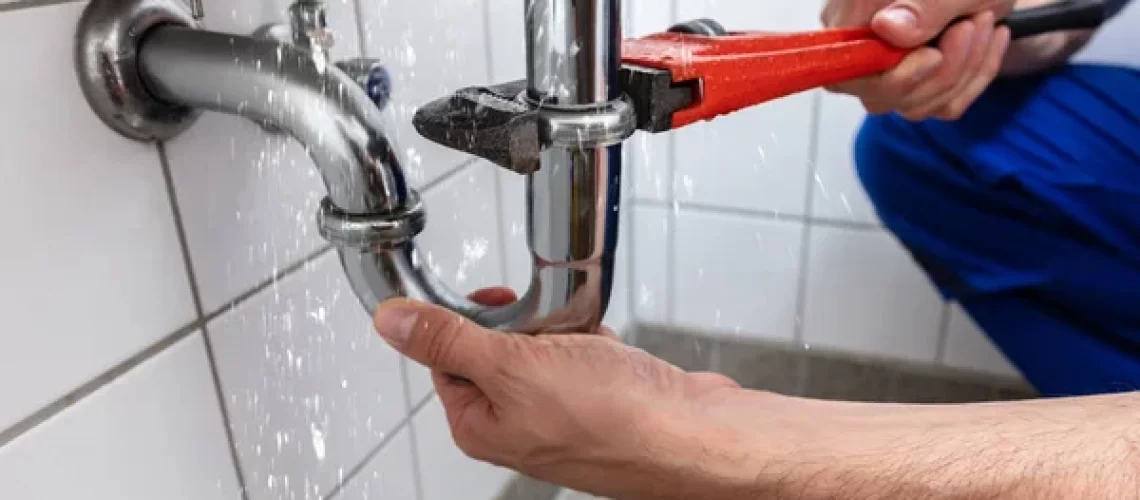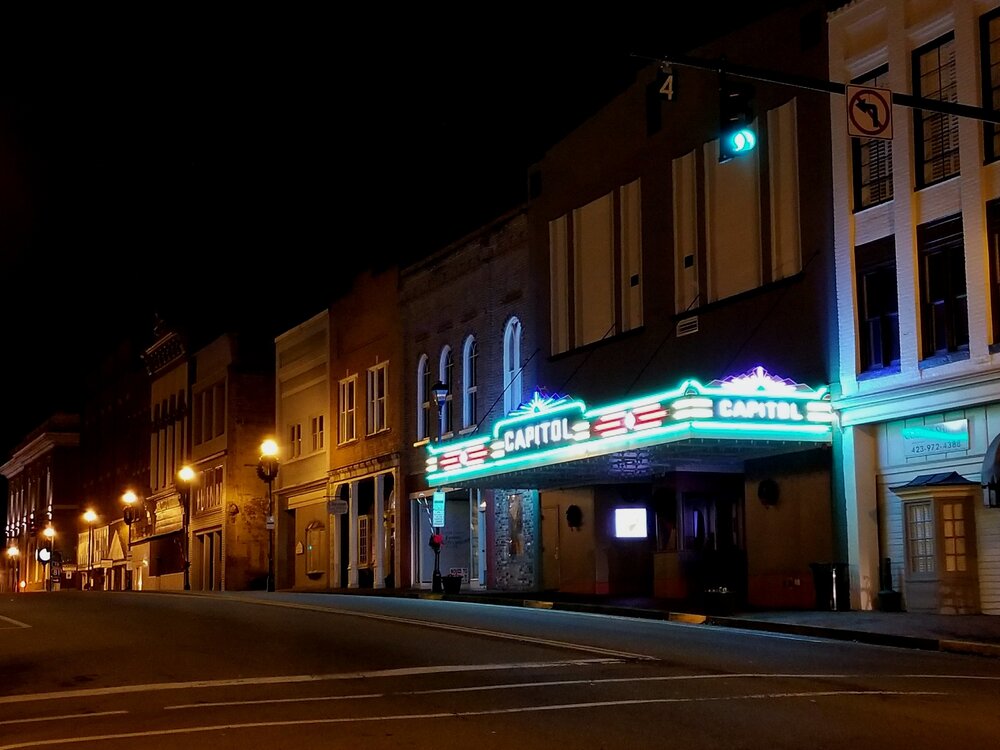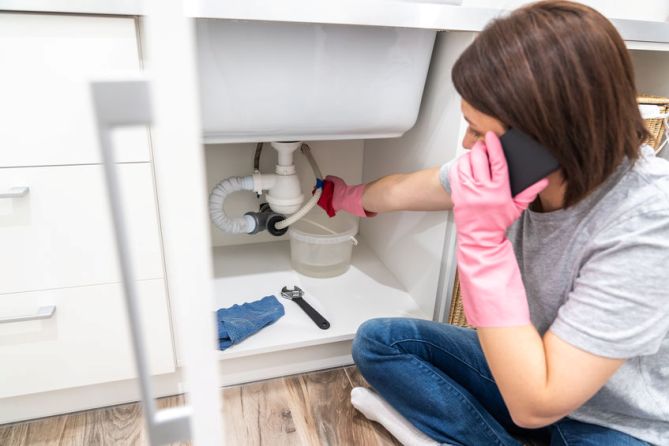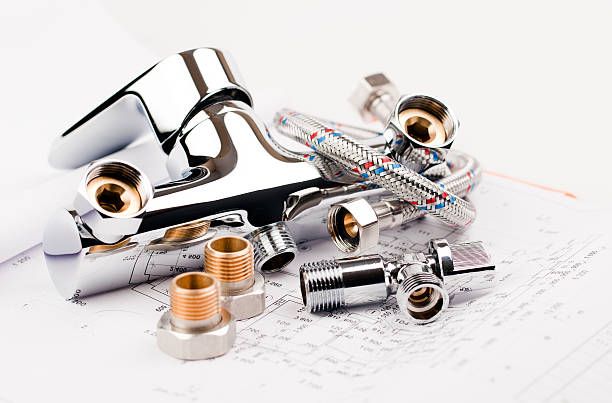We often take plumbing for granted. Plumbing that complies with building codes is simply presumed to be included when renting or purchasing a home. Additionally, you almost ever have to worry about finding a restroom while dining out. This is as a result of plumbing’s importance in today’s culture. Let’s look at a few factors that make plumbing so crucial, in addition to the fact that it is beneficial in our everyday life.
1. Plumbing Lets Us Manage Water
It is no longer impossible to control the elements. We don’t have to go to the river to get our water because of plumbing. Additionally, it doesn’t need heating or boiling to be drinkable or suitable for bathing in. Our advanced plumbing systems filter out impurities, direct water to where it is needed, and provide warm water nearly immediately.
2. Plumbing Reduces Water Wastage
We’re all guilty of taking extra-long showers or leaving the water running. This might be a catastrophe for water use if your plumbing systems are outdated or poorly maintained. Both the ecology and your account suffer from water waste. Water waste is now becoming a thing of the past, though, owing to advances in plumbing. Motion sensors, for instance, stop faucets from running continuously, and modern showerheads provide the best water pressure while consuming far less water than older models.
3. Plumbing Reduces Energy Wastage.
The development of plumbing manufacturers’ energy-efficient plumbing solutions is ongoing. With tankless heaters, there is no need to continually regulate the temperature of a water tank since the water is quickly heated. This conserves money, water, and energy. You may get clean drinking water straight from the tap thanks to effective sanitation systems, maintained piping, and filtering equipment. Less people purchasing drinking water from stores means less energy is used to transport the water and make the plastic bottles.
4. Plumbing Offers Convenience and Comfort
For many of us, this is a significant one. Can you imagine thinking about where to obtain water every day to cook and clean when our lives are already so busy? Or having to use the restroom outdoors in any weather—rain or shine? You may benefit from the pleasure of a hot shower and the ease of a flushing toilet because of plumbing. These plumbing comforts are just a fantasy for the 2.5 billion people that live in the world today. Because of this, we should be appreciative and take action to improve plumbing for the rest of the world.
5. Plumbing Creates Employment
The employment market and economy both depend on professions in plumbing. The U.S. Bureau of Labor Statistics estimates that there are 490,200 plumbers that are now working in the country. Over the next ten years, this employment market is anticipated to rise by around 4%. The median hourly wage is $27.08, which results in a salary that many individuals can afford. The route to financial security is inexpensive since becoming a plumber just needs a high school certificate and an apprenticeship.
6. Plumbing Reduces Disease Spread
Before the invention of modern plumbing, sickness was often transmitted by water. The water included harmful germs and other impurities that might cause fatal infections, stomach problems, and other health problems. We’ve all heard of the Black Death, an epidemic that almost wiped off half of Europe due to poor living conditions and hygiene issues. Our governments can regulate water quality via mass sanitation and disinfection procedures thanks to modern plumbing infrastructure. We are no longer concerned about our water’s safety.
7. Plumbing Saves Lives
The primary factor influencing the importance of plumbing to our culture is that it saves lives. Conserving energy and water helps to protect the environment; having access to water extends life expectancy and improves quality of life; plumbing jobs provide employment; and clean water helps to eradicate certain illnesses. Furthermore, frequent plumbing repair may avert severe house catastrophes (this is why you should make sure your plumbing is inspected and updated regularly).




